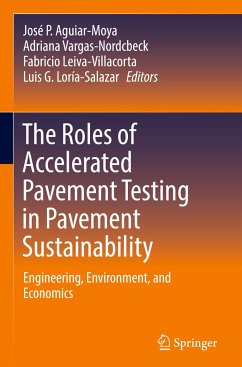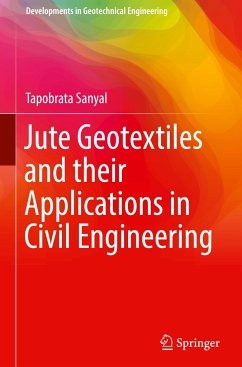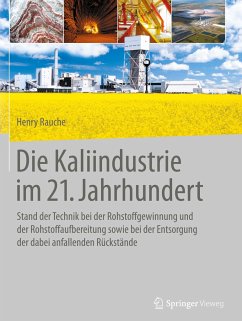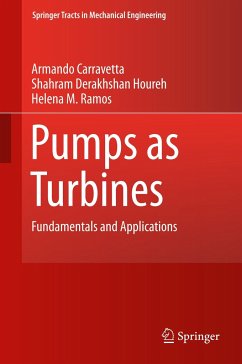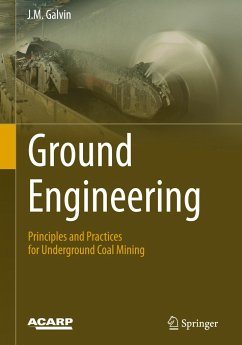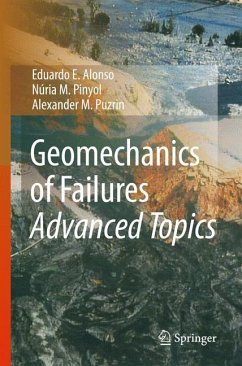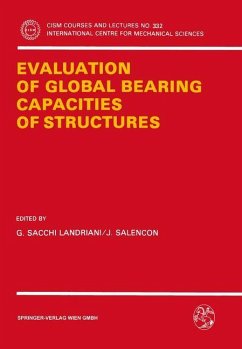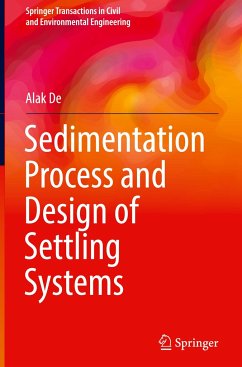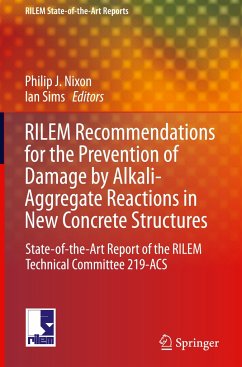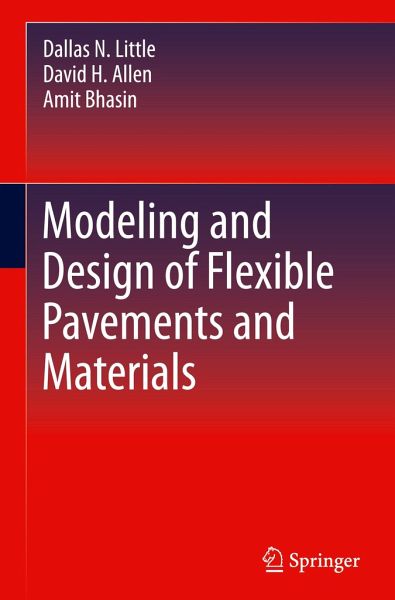
Modeling and Design of Flexible Pavements and Materials
Versandkostenfrei!
Versandfertig in 6-10 Tagen
92,99 €
inkl. MwSt.
Weitere Ausgaben:

PAYBACK Punkte
46 °P sammeln!
This textbook lays out the state of the art for modeling of asphalt concrete as the major structural component of flexible pavements. The text adopts a pedagogy in which a scientific approach, based on materials science and continuum mechanics, predicts the performance of any configuration of flexible roadways subjected to cyclic loadings. The authors incorporate state-of the-art computational mechanics to predict the evolution of material properties, stresses and strains, and roadway deterioration. Designed specifically for both students and practitioners, the book presents fundamentally comp...
This textbook lays out the state of the art for modeling of asphalt concrete as the major structural component of flexible pavements. The text adopts a pedagogy in which a scientific approach, based on materials science and continuum mechanics, predicts the performance of any configuration of flexible roadways subjected to cyclic loadings. The authors incorporate state-of the-art computational mechanics to predict the evolution of material properties, stresses and strains, and roadway deterioration. Designed specifically for both students and practitioners, the book presents fundamentally complex concepts in a clear and concise way that aids the roadway design community to assimilate the tools for designing sustainable roadways using both traditional and innovative technologies.



